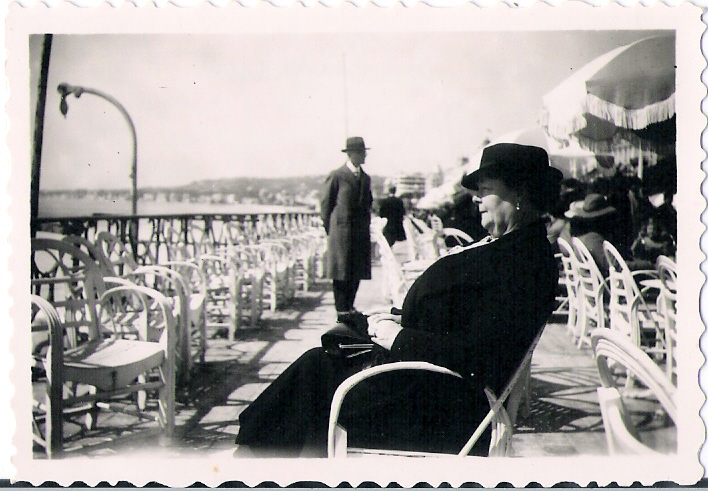When you set out to trace the lives of your French females ancestors, you may think it is easier to make a genealogy of a man. There are few sources and records for women. At least, that’s what you think. So where are the women in the archives?
Your French female ancestors do not have a registration card, did not declare the birth of their children, had to be authorized by their husbands for any administrative action. If the modern archives (1800-1940) allow you to trace our female ancestors quite easily, it is more difficult for you to trace the history of women under the Ancien Régime.
Sources exist for your French female ancestors
Historian Nicole Dufournaud has searched through the archives of the Ancien Régime to find women in history. Her study focused on the Municipal Archives of Nantes, as well as the Departmental Archives of Loire-Atlantique.
In the Municipal Archives, the women of Nantes are present in the series EE, Military Affairs, FF, Police, and DD, Public Works. How can women be found in such series?
The EE series includes two lists, that of women in arms, and that of censuses. In fact, women were not only authorized to take up arms to defend the city, but they were counted like any other inhabitant in order to establish watch lists.
Gentle as a woman? Not always! The FF series will tell you about a complaint filed against your ancestor.
The DD series, Public Works, keeps the requests for construction or extension of a building. If your ancestor was a merchant, you can find her in this series.
What do these first series teach us?
You must leave our comfort zone of research, forget for a moment our three acts. You must consider not only the occupation of your female ancestors, but also immerse ourselves in local history. Finally, the municipal archives, too often neglected by the genealogist, are a source to be exploited in the same way as the departmental archives.
In the Departmental Archives, you will prefer the B series to consult the registers of the Chancellery, the Chamber of Accounts, the Royal Justice, but also the declarations of pregnancy; the H series, for the files of the hospices and sick homes.
The E series is also a source of information on the history of women. Titles, family papers, civil status, notaries, guilds… So many documents likely to inform you. Notarial sources are essential, but reading them diagonally is out of the question, under the risk of missing your ancestor! Indeed, the first names such as Anne, Claude, Philippe or Arthur, were male and female.
In series G, you will consult the pastoral visits, the remonstrances, the lives of the parish priests and their servant (named)… These reports are a precious source for the history of the communities under the Ancien Régime.

: 1737, 15 mai)
With patience, perseverance and curiosity, you can trace the history of your French female ancestors.


